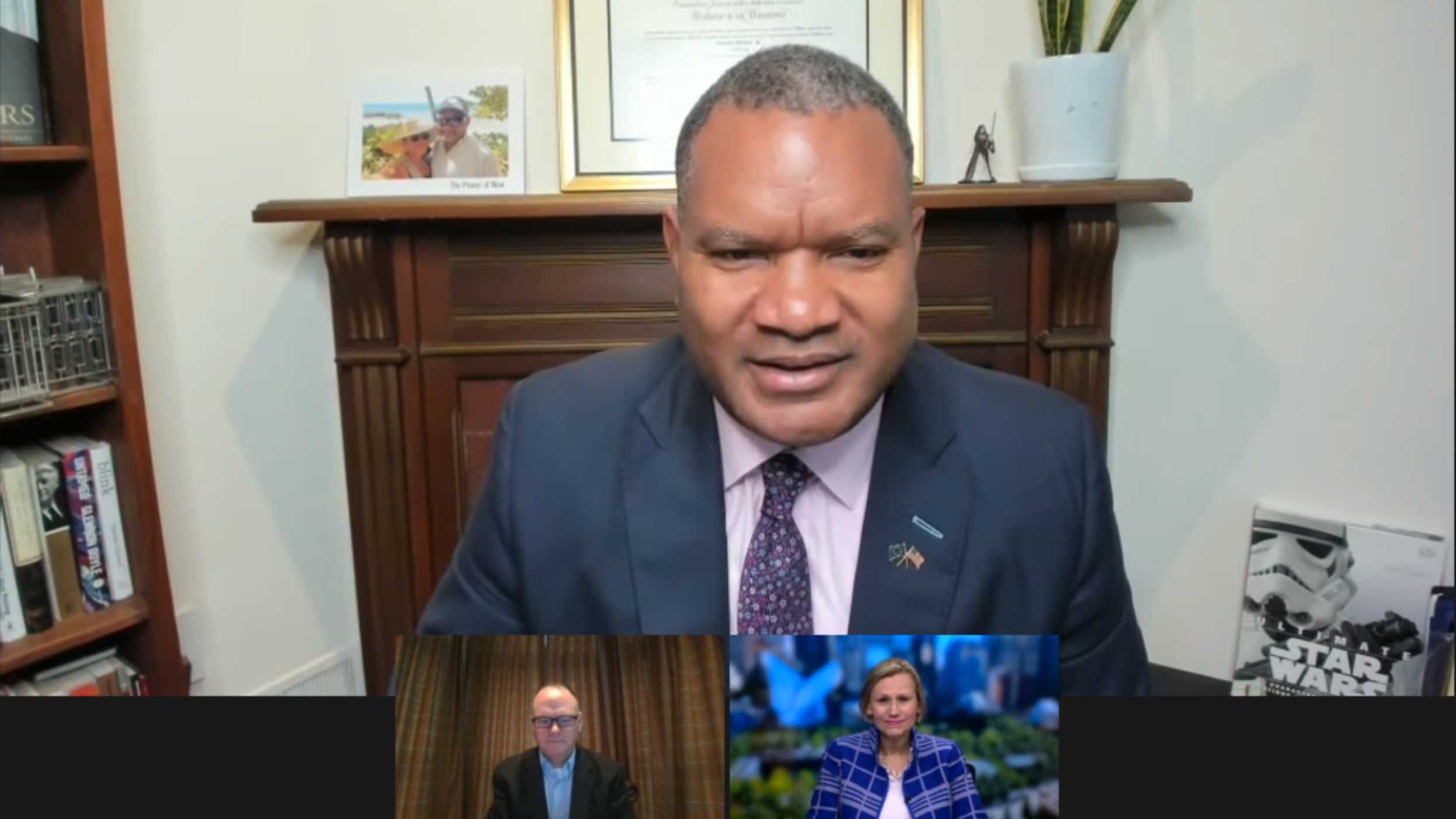What is Trump planning to do on energy policy?
Rick Dearborn: He wants to go from being dependent upon energy imports to becoming an energy independent country and then ultimately becoming energy dominant. His focus on being energy dominant means that you could tie trade and energy together.
He'd love to have the ability to turn to Europe and say, look, you no longer need to rely on energy from countries that may wind up using it as a weapon against you down the road. We're your allies.
Trump has plans to start building out more LNG terminals in the US. He wants to try to cut the best deals he can for the US, work with European allies and provide them a different option for energy.
Long term, I also think he's going to then turn his focus to the Belt and Road, but most specifically all the Pacific Rim countries. He’ll turn to them and say your option right now might be coming from China on energy, but we have an option.
So, energy is going to be a linchpin of his agenda. He’ll probably see it as a legacy of his administration. I do think that there's a lot, with regards to wind, solar and renewables that have a piece to play in this, especially in terms of how you would power a lot of these AI data centers across the US.
How will his energy policy impact the market?
Kristina Hooper: So, I think that it's certainly a positive in terms of the impact on the economy. It's going to ease some of the inflationary pressures we might see. But I do think that sometimes what happens in markets can be counterintuitive. For example, in the first Trump administration, there was, of course, a pro energy policy as well.
But interestingly, energy stocks underperformed in that environment relative to how they performed in the Biden administration, relative to how they perform versus clean energy stocks.
And that's because when you create more energy, if you have more supply, all else being equal, then of course prices can go down. So good for people, good for the economy, not as good for energy stocks because you tend to have lower profit margins.
Now, of course, I think Rick rightly points out there's going to be increasing demand. We've got AI data centers, all those things. But, in general, all else being equal, if demand stays the same, we could see profit margins lower and of course, energy stocks not perform as well.
To me, the more obvious play, if we were looking at sectors would be areas like financials, just given the potential for significant deregulation. Also, small and mid-caps, because I do think they're more cyclically sensitive.
What we're going to see coming from the Trump administration, is these pro-growth policies are probably going to amplify an already supportive environment created by Fed easing.








